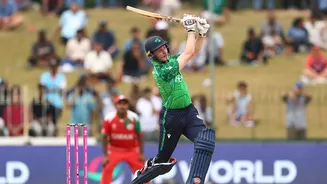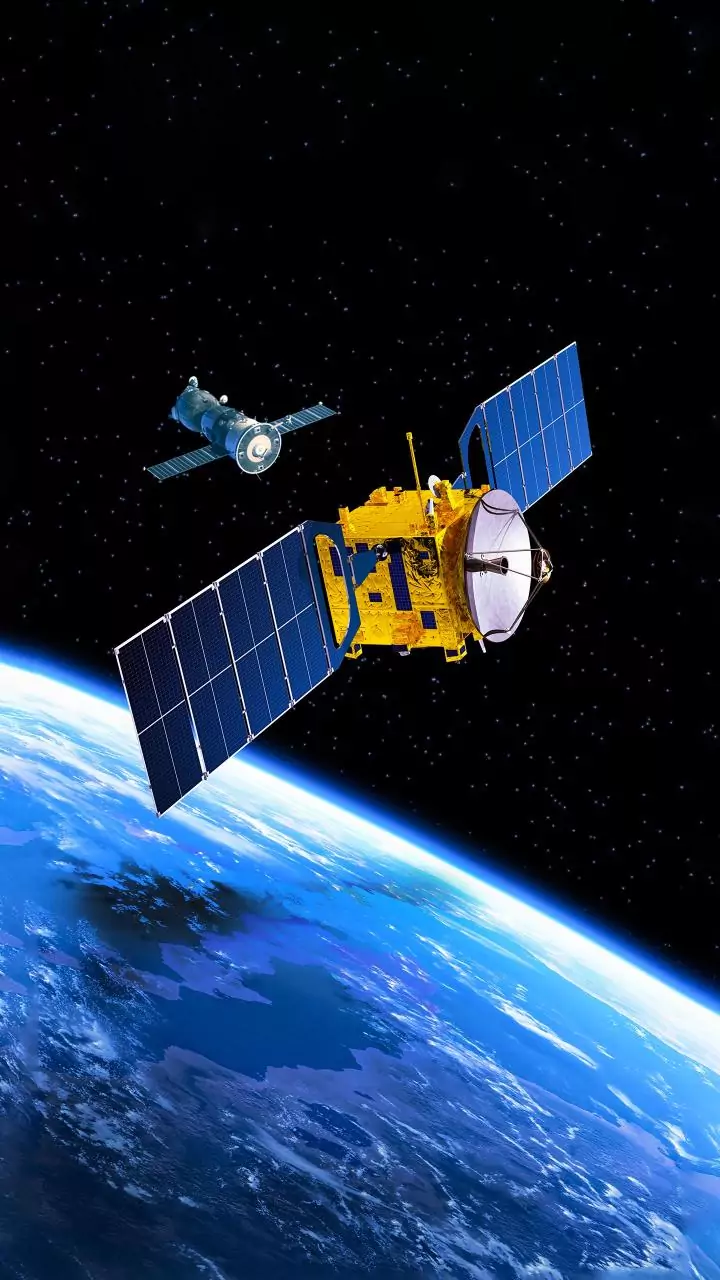The ICC's Shadow
The International Criminal Court's (ICC) issuance of an arrest warrant for Vladimir Putin significantly complicates any potential travel plans he might
have. This warrant, focusing on accusations of war crimes related to the situation in Ukraine, introduces a critical legal hurdle. As a signatory to the Rome Statute, Hungary is theoretically obligated to cooperate with the ICC and execute the warrant if Putin were to enter Hungarian territory. However, the political realities are far more complex. The Hungarian government has demonstrated a willingness to maintain close ties with Russia, which places it in a difficult position. The decision on how to respond to the warrant will be crucial to understand how Hungary would act, should President Putin step onto Hungarian soil. This creates a challenging situation for Hungary's leaders.
Possible Routes for Putin
Considering the ICC's warrant, Putin's potential routes to Hungary are severely limited, and each carries its own set of risks and considerations. One possibility involves utilizing air travel, which brings the immediate concern of violating the airspace of countries that might be obligated to enforce the arrest warrant. This would potentially force Putin to navigate through a narrow corridor, which puts his travel plans at the mercy of nations that are not necessarily friendly with Russia. Another route could involve the use of land routes through countries that share a border with Hungary. This route would also need careful planning to avoid any countries that might be inclined to arrest the Russian president. The security implications of either option would be incredibly complex, requiring detailed logistical planning.
Diplomatic Tightrope Walk
The Hungarian government faces a delicate balancing act due to the ICC warrant and its relations with Russia. Hungary has long maintained a complex relationship with Russia, and the government has often expressed reluctance to condemn Moscow's actions on the international stage. This situation requires skillful diplomacy, as the government is compelled to respect its international commitments while also preserving its ties with Russia. The government's actions will be scrutinized closely by its allies and other nations. The primary goal would be to preserve Hungary’s standing on the international stage while also allowing the possibility of a meeting between Putin and Trump. This requires careful consideration of legal obligations, political alliances, and diplomatic strategy.
Logistical Obstacles Ahead
Even if the legal hurdles were somehow resolved, the logistics of a potential visit by President Putin to Hungary would pose substantial challenges. The level of security needed would be immense, requiring extensive planning and resources to protect Putin and his delegation. The Hungarian government would be required to coordinate with the Russian security services, which would bring its own set of potential issues. Another factor would involve how to manage media coverage, as the visit would inevitably attract massive attention. This would require carefully controlling access, information flow, and the narrative. The logistical aspects of the visit, from transportation and accommodation to security protocols and media management, demand meticulous planning.
The Meeting's Fate
The success of a potential meeting between Putin and any US figure in Hungary remains uncertain. The ICC warrant casts a significant shadow, creating legal and political impediments that might prevent the meeting from even occurring. The attitudes of other nations and international organizations could impact the outcome of the visit. The level of cooperation Hungary would offer to the ICC would play a critical role, as would the actions taken by other countries. Considering the political and legal complexities, the possibility of a meeting is far from guaranteed. The success of the meeting will hinge on overcoming these difficulties.














